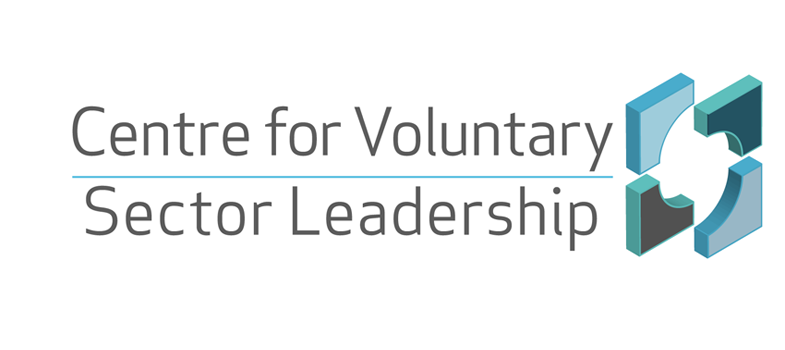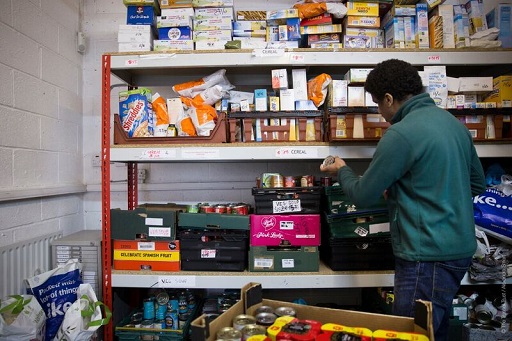5.1 The Trussell Trust and campaigning
The Trussell Trust is an interesting example of an organisation that has maintained a high degree of independence, providing trenchant critique of the government’s policies in relation to poverty in the UK. The Trust won the Overall Award at the 2016 Civil Society Awards, with the chair of the judges praising the organisation for its ‘constructive’ work with government and its campaigning.
Nevertheless, the evening witnessed some drama as the Trust’s chief executive, David McAuley, in accepting the award took the opportunity to challenge the UK government. He said:
I want to thank you for putting me in front of a government minister. We can’t get in front of government ministers because we are so vocal and we give the people a voice. And we actually put people up to say that this has to stop happening in the fifth most powerful economy in the world. We have got to do something to make a difference in the lives of these people. They are not spongers and scroungers and feckless. They are hardworking people.
I want to make a difference and I want to help people. I want to sit down with government and challenge them to do things slightly differently, and give people a chance.
This episode is perhaps characteristic of a debate concerning poverty and foodbanks in the UK that has become highly politicised. Labour politicians believe there is a legitimate case to answer regarding the impact of austerity and Conservatives believe that these problems are not new and that Labour has hijacked and amplified the issue. Is such politicisation a bad thing though? Is the generation of a great deal of political heat around issues something that should be avoided? Not necessarily.
An agonistic approach to collaborative leadership in the voluntary sector does not simply suggest a more challenging approach behind closed doors, but also opens the possibility that organisations can learn to be more vociferous in public as well.
An agonistic approach might involve actively campaigning for or against certain things that organisations know will run counter to a particular government’s prevailing political preferences. Collaborative leadership need not mean bringing others with you in a consensual relationship, and could mean persuading others of the urgency of a problem or solution in conflictual ways.
In practice, organisations should consider a balanced approach that adopts strategies of agonistic challenge, but also ways of ‘quietly’ influencing government and other organisations from the inside.
That said, agonism provides an alternative ethos to that of partnership and it is worth reflecting on what such an approach might mean in practice. This is precisely what you will do in the closing activity of the week.
Activity 2 Debating independence and agonism for the voluntary sector
You will find two threads in the discussion forum [Tip: hold Ctrl and click a link to open it in a new tab. (Hide tip)] for this activity. The first asks what it means to be an independent voluntary sector. The second asks what kind of practices you might follow in order to become more agonistic in your approach with other organisations. Bear in mind that agonism does not mean open hostility but an engaged form of challenge filtered through the norms of liberal-democratic practice. Spend 15 minutes writing in one of the discussion threads (or both if you like). Please do share your experiences, as well as your opinions, and answer the points made by other learners (we have allowed 30 minutes of your time for this).
Comment
There is of course no one correct answer to issues around independence or how we might become more agonistic in our work. What is vital here is your experience and your willingness to experiment with different approaches. Our role in this process is to introduce an alternative guiding ethos to that of partnership. We are not saying that partnership is redundant: people, of course, need to be able to work effectively together to tackle some of the great problems facing our communities. One can also find good examples of challenge within partnerships. However, agonism provides an alternative and democratically necessary framework for envisaging how we might plan our engagements with external organisations.
Practice of the week: agonistic conflict
Agonism is both a concept and a practice. It is informed by theories of democratic practice within an environment of liberalism. Agonism can be viewed as a practice that encompasses micro-interactions – i.e. those between people in a single organisation – and also something that informs an ethos. How agonism manifests in various contexts will vary significantly.
5 Working with challenge outside your organisation

